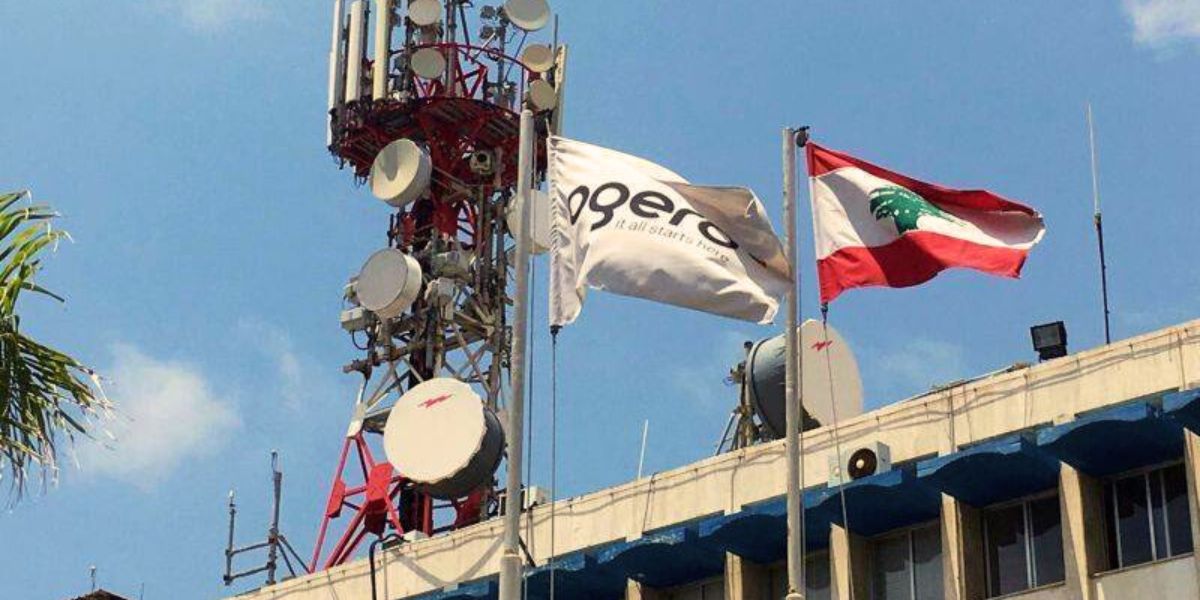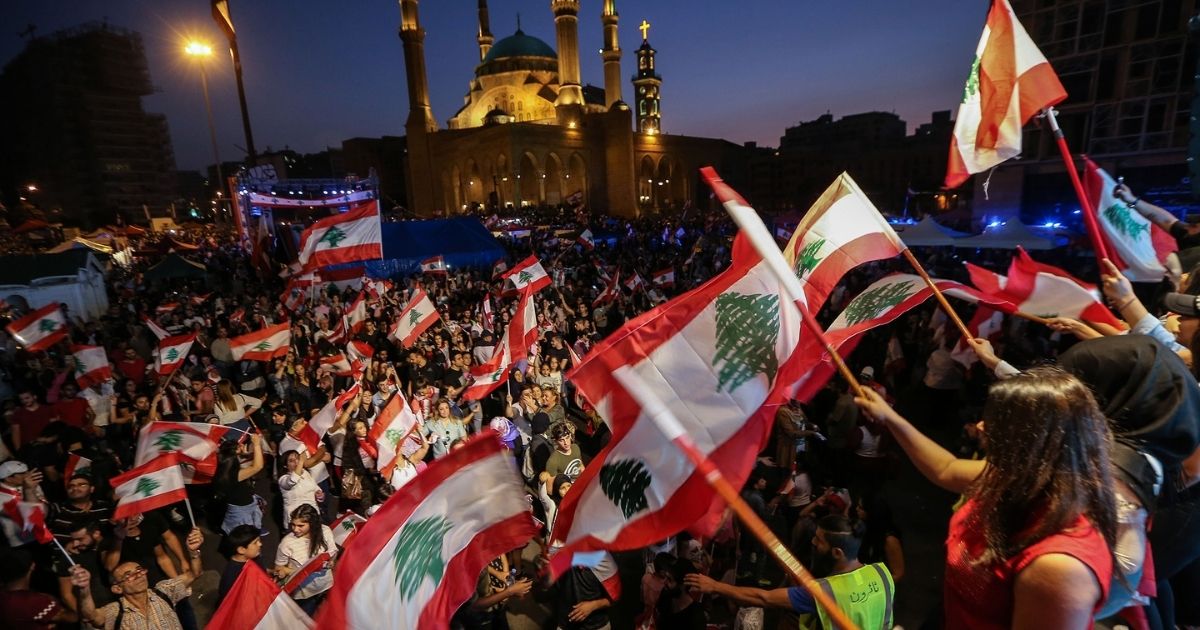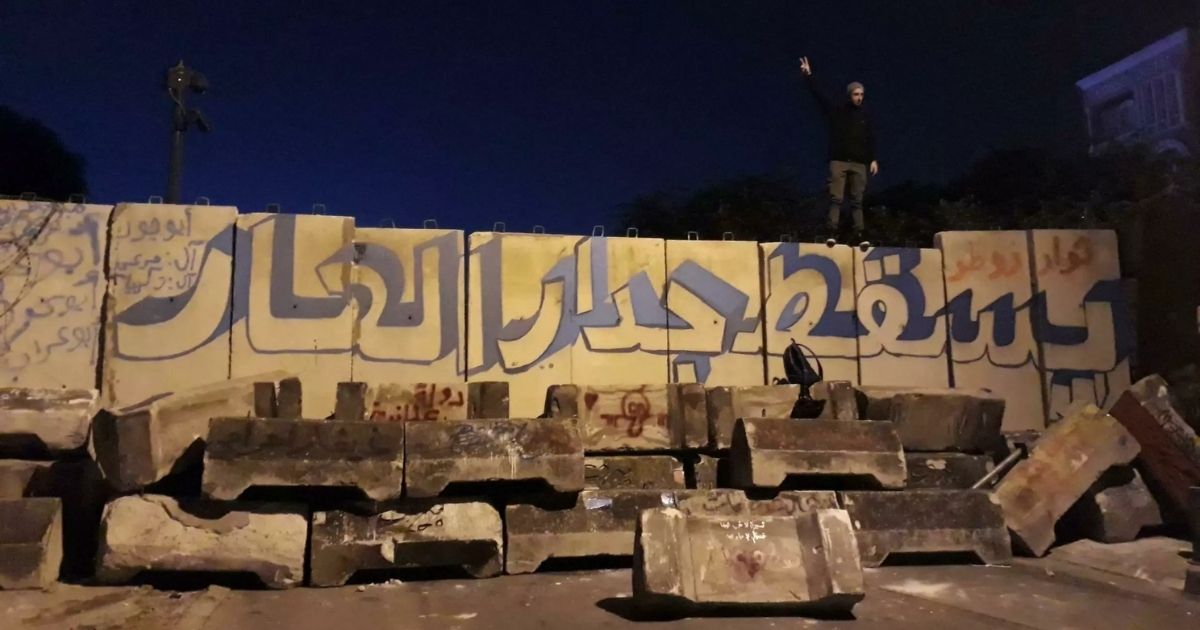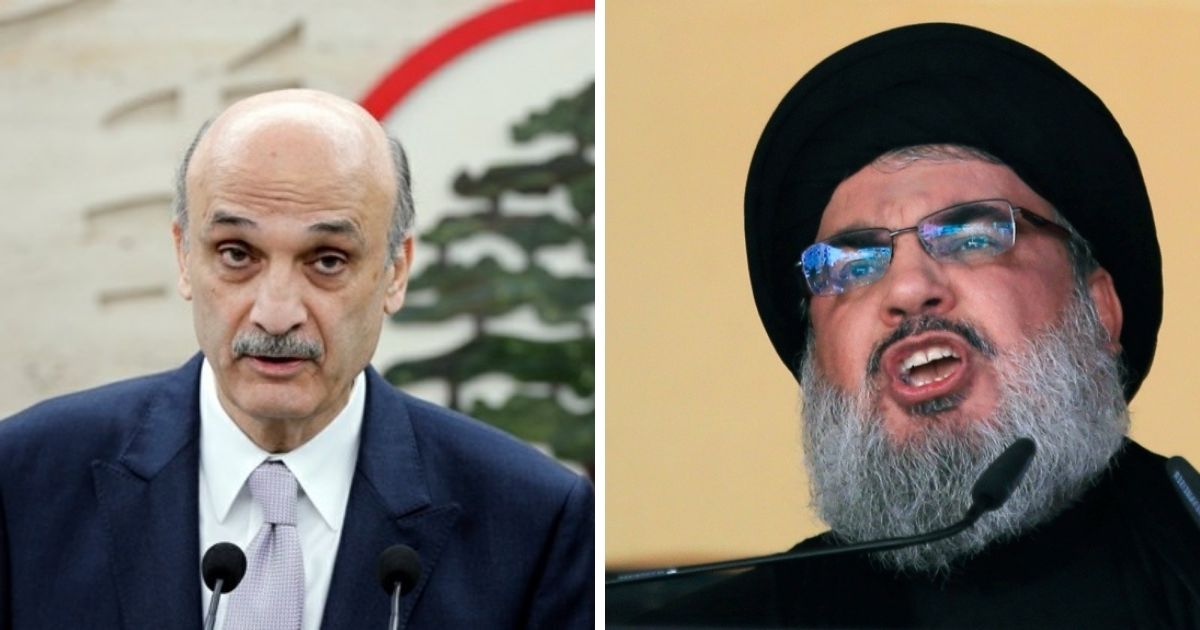As if the Lebanese people can withstand more hardships and abuses, darkness comes now to befall on Tripoli with the state-run Electricity Company cutting off the supply on Wednesday.
Dozens of protesters revolted at the Qadisha Electricity Company in Al-Bahsas, and the Lebanese people across Lebanon joined in support on social media, expressing their outrage and frustrations.
On the ground, different regions of the north witnessed numerous reactions of protest against this harsh blow.
That was quickly followed by a sit-in outside the Electricity Company in Al-Bahsas that turned into clashes between protesters and army elements.
According to the National News Agency, the clashes between the riot control units and the protesters at the sit-in site, “forced the army to use tear gas at those throwing stones at its elements,” which resulted in injuries on both sides.
Local revolutionists are mentioning intruders among them causing and provoking violent acts. They are calling to maintain their pacific revolution and to not attack the army.
It is to note that the revolutionists of Tripoli have always had a good relationship with the army on the ground since the onset of the revolution, which makes these clashes questionable.
The protests unfurled with protesters cutting off the road at the Al-Bahsas intersection near the Electricity company. The army intervened and worked to reopen it.
As reported by Lebanon24, young protesters blocked the road at Fouad Shehab Boulevard by the Bank of Lebanon with burning tires, and more protesters spread to Abu Ali roundabout in the Tabbaneh area.
Dozens of protesters managed to enter the Electricity Company’s workshop, halls, and offices, as well as the control center and the operating room, demanding that the electricity be reinstated.
The army personnel clashed with the protesters there, after which they managed to clear the building.
Twelve people, including three military personnel, were reported wounded or bruised, and assisted by the ambulance teams of the Islamic Medical Association, according to NNA.
While the people revolt at the extreme hardship added unto them, politicians found it somehow appropriate to step in to issue blames against their peers.
Amid the outrage on social media of the Lebanese people, politicians’ tweets made their way through to make their own political claims.
Dr. Khaldoun Al-Sharif, the political adviser to former PM Najib Mikati tweeted:
“Since 2010, electricity is in decline. They rejected the Kuwaiti offer to finance the electricity during the days of President Mikati’s government because it did not pass through them, and they claimed that Mikati obstructed the project.”
His tweet continued with: “They put the project of Nour al-Faiha in their drawers to block the light from al-Faiha and its surroundings. Tripoli today is without electricity and those responsible are the successive energy ministers.”
Meanwhile, the outrage continues on social media, particularly on Twitter with the trending hashtags وين_راحت_الكهربا# “Where has gone the electricity?” and لبنان_ينطفي# “Lebanon extinguishes.”
It is to note that the Bekaa, another major region of Lebanon, was also cut off from the electricity supply.
While candles are an emergency substitute and some houses are getting support from owners of generators, the cut off of the electricity means the cut off of other utilities, including heating, hot water, fridges, elevators, and the like.
From her side, caretaker Minister of Energy and Water Nada Boustani assured in a tweet, without yet mentioning the electricity’s cut causing such an uprising, of the availability of fuel.
Her tweet stated: “The quantities of fuel oil for domestic use are available at private sector companies, stations, and distribution companies, and at oil installations. In the event that it cannot be obtained, call 015655040 to explain the problem so that we can do the required.”
The problem, though, is not with the private sector entities but with the state-run institution of the electricity, hence it is the ministry’s responsibility to do the required from its side.
The revolt for electricity continues at the time of writing this article, and calls are circulating online for peaceful demonstrations on Thursday in protest against the cut of the electricity supply to these main regions of Lebanon.

















